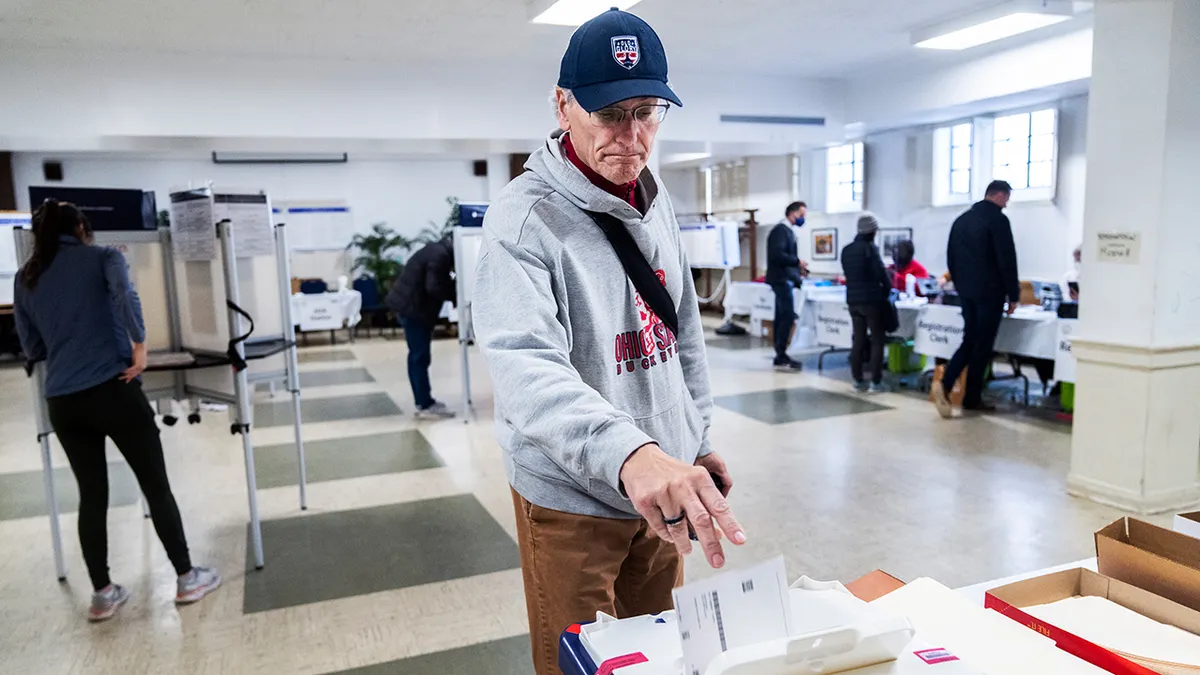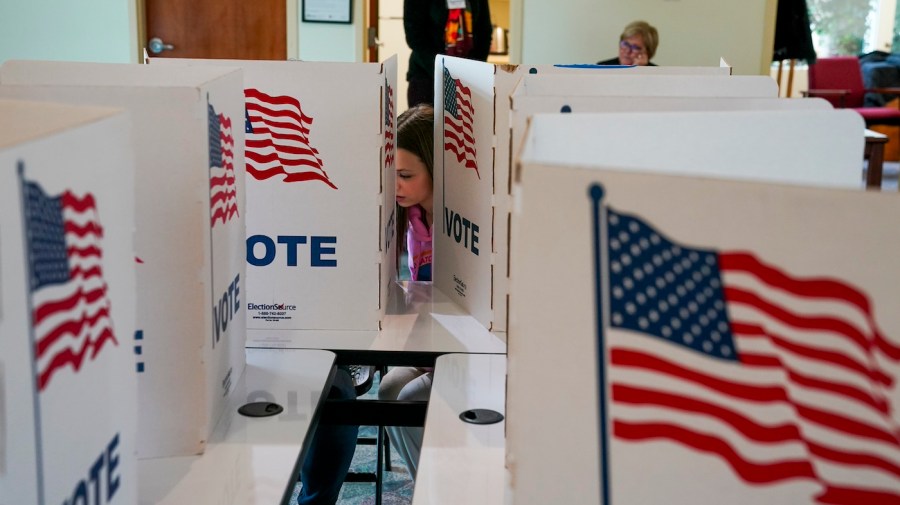In a recent ruling, a federal judge in Washington, D.C., has dismissed a lawsuit challenging a local district law permitting noncitizens to participate in municipal elections. The judge, Amy Berman Jackson, concluded that the plaintiffs failed to substantiate their claim that the law violated their constitutional rights.
The lawsuit, brought forth by seven plaintiffs, all U.S. citizens registered to vote in D.C., contested the “Local Resident Voting Rights Amendment Act of 2022,” arguing it encroached upon their Fifth Amendment rights. Passed by the D.C. Council, this law eliminated the citizenship prerequisite for voting in local elections, granting noncitizen residents the right to participate in various local electoral processes, excluding federal elections.
Under the legislation, noncitizen residents gained the ability not only to vote but also to run for D.C. government positions and serve on the city’s Board of Elections. The plaintiffs contended that this enfranchisement of noncitizens undermined the voting rights of U.S. citizens and native-born residents, alleging a violation of their constitutional right to citizen self-government.

Judge Rejects Lawsuit Against D.C.’s Nonresident Voting Law (Credits: FOX News)
The plaintiffs sought judicial intervention to prevent the registration and counting of votes cast by noncitizens. However, Judge Jackson ruled against them, emphasizing their failure to demonstrate any tangible loss or diminishment resulting from the law.
She underscored that while the plaintiffs might disagree with the policy granting voting rights to immigrants, their votes would remain equally weighted and treated the same as those of noncitizens.
Jackson dismissed the plaintiffs’ arguments as a “generalized grievance,” devoid of specific harm. Notably, among the plaintiffs were Stacia Hall, who ran unsuccessfully as a Republican candidate against D.C. Mayor Muriel Bowser in 2022, and Ralph Chittams Sr., a Republican contender for an at-large seat on the city council in 2018.
The controversy surrounding D.C.’s voting law extended to Capitol Hill, where the House of Representatives passed resolutions last year disapproving of the bill and the district’s criminal code. These resolutions aimed to impede D.C. from enforcing the measures, leveraging Congress’s authority under the D.C. Home Rule Act.
However, the Senate did not vote on the resolutions within the designated 30-day period, allowing the law to take effect.























